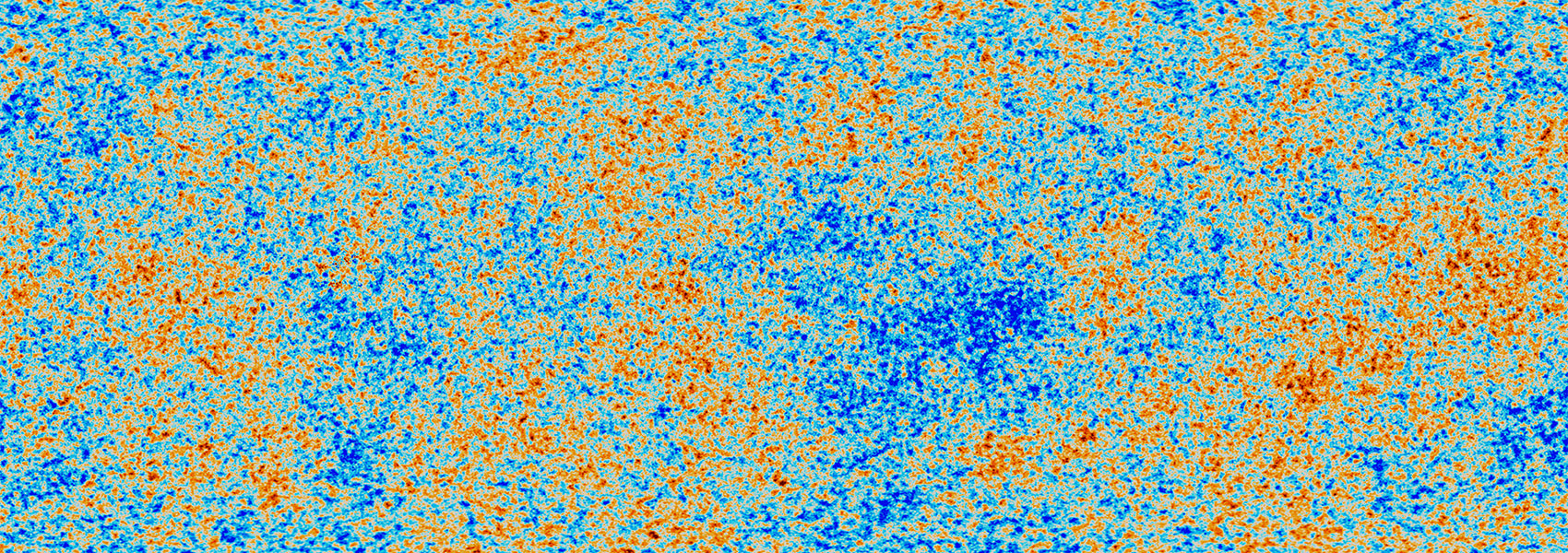
Application of the Trend Filtering Algorithm for Photometric Time Series Data
August 2016 • 2016PASP..128h4504G
Abstract • Detecting transient light curves (e.g., transiting planets) requires high-precision data, and thus it is important to effectively filter systematic trends affecting ground-based wide-field surveys. We apply an implementation of the Trend Filtering Algorithm (TFA) to the 2MASS calibration catalog and select Palomar Transient Factory (PTF) photometric time series data. TFA is successful at reducing the overall dispersion of light curves, however, it may over-filter intrinsic variables and increase “instantaneous” dispersion when a template set is not judiciously chosen. In an attempt to rectify these issues we modify the original TFA from the literature by including measurement uncertainties in its computation, including ancillary data correlated with noise, and algorithmically selecting a template set using clustering algorithms as suggested by various authors. This approach may be particularly useful for appropriately accounting for variable photometric precision surveys and/or combined data sets. In summary, our contributions are to provide a MATLAB software implementation of TFA and a number of modifications tested on synthetics and real data, summarize the performance of TFA and various modifications on real ground-based data sets (2MASS and PTF), and assess the efficacy of TFA and modifications using synthetic light curve tests consisting of transiting and sinusoidal variables. While the transiting variables test indicates that these modifications confer no advantage to transit detection, the sinusoidal variables test indicates potential improvements in detection accuracy.
Links
- SIMBAD https://simbad.u-strasbg.fr/simbad/sim-ref?querymethod=bib&simbo=on&submit=submit+bibcode&bibcode=2016PASP..128h4504G
- PDF https://iopscience.iop.org/article/10.1088/1538-3873/128/966/084504/pdf
- PREPRINT http://arxiv.org/abs/1603.06001
- DATA https://irsa.ipac.caltech.edu/bibdata/2016/G/2016PASP..128h4504G.html
- ELECTR https://doi.org/10.1088/1538-3873/128/966/084504




